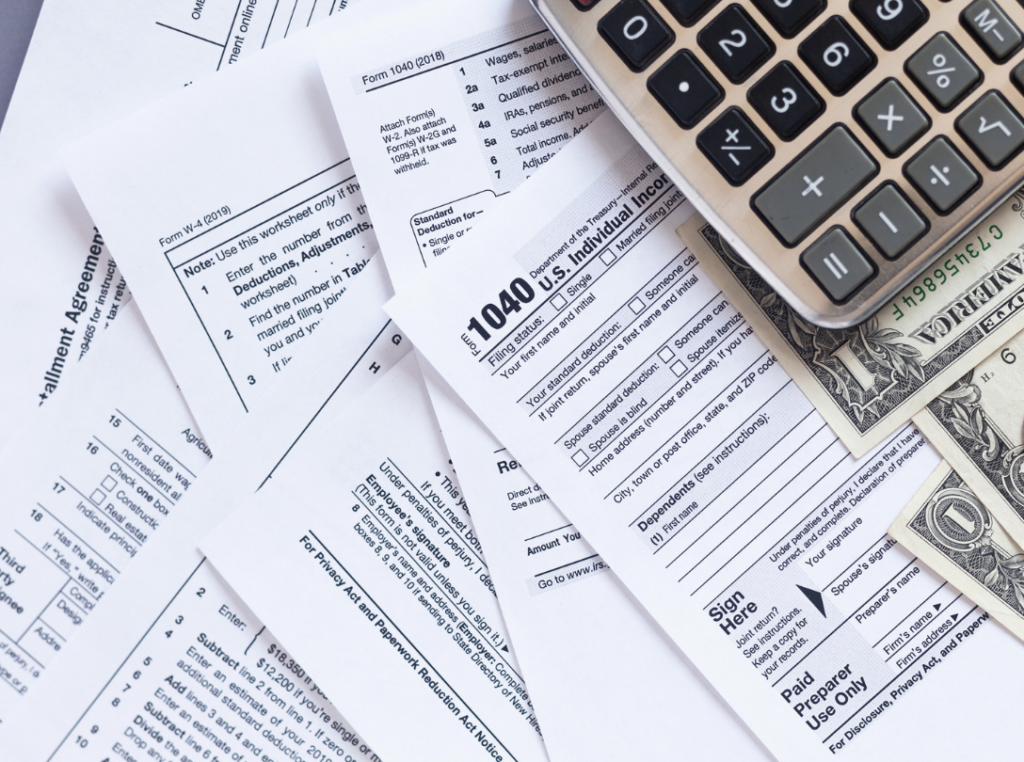For American expats living in Germany, managing finances and complying with tax laws can be particularly challenging. One of the most complex regulations expats must navigate is the Foreign Account Tax Compliance Act (FACTA). In this guide, we’ll break down everything American expats need to know about FACTA: from who needs to report, to how it affects your relationship with German banks, and the steps you can take to ensure compliance while avoiding penalties.
What is FACTA?
Passed by the U.S. government in 2010, the Foreign Account Tax Compliance Act (FACTA) requires U.S. citizens, including those living abroad, to report their foreign financial assets to the Internal Revenue Service (IRS). While its primary focus is on U.S.-based taxpayers, it also significantly impacts American citizens living abroad, adding layers of compliance for expats, including those in Germany,
Although many U.S. citizens in Germany may already be paying German taxes, FACTA adds an extra layer of reporting that is often difficult to understand.

How Does FACTA Affect U.S. Expats in Germany?
For American expats living in Germany, FACTA introduces unique challenges. This is because even though you may be fully settled in Germany and paying taxes there, your German bank is required to report your account details to the U.S. IRS if you meet certain thresholds.
Your obligation to file is based on the value of your foreign assets and your filing status:
- Single taxpayers living abroad: $200,000 at the end of the year or $300,000 at any time during the year.
- Married taxpayers filing jointly abroad: $400,000 at the end of the year or $600,000 at any time during the year.
- Single taxpayers living in the U.S.: $50,000 at the end of the year or $75,000 at any time during the year.
- Married taxpayers filing jointly in the U.S.: $100,000 at the end of the year or $150,000 at any time during the year.
If the value of all your foreign financial accounts exceeds the threshold, you are required to report these accounts to the IRS. All in all, even if you’re paying German taxes, your U.S. tax obligations remain.
Is FACTA mandatory for everyone?
One common question expats often ask is whether FATCA reporting is mandatory in Germany or not. The answer is yes: FACTA is mandatory for any U.S. citizen living in Germany with foreign financial assets exceeding the specified thresholds, and they must file the IRS Form 8938. This includes checking, savings, investment and retirement accounts held in Germany or any other country. Even U.S. citizens with dual German citizenship are not exempt from FACTA reporting.

Do German Banks Ask for FACTA Compliance?
German banks are required to comply with FACTA to avoid U.S. sanctions. The U.S. government imposes a 30% withholding tax on U.S.-sourced income for non-compliant foreign banks, which incentivizes German banks to gather and report information on their U.S. clients.
This is why expats often find that German banks request U.S. tax forms like the W-9 or W-8BEN to ensure they meet U.S. regulations. When you open a bank account in Germany, the bank will likely ask for your U.S. tax identification number and require you to complete additional paperwork.
What Information is Reported Under FACTA?
Reporting FACTA reporting for expats in Germany includes a wide range of accounts: checking accounts, savings accounts, pension funds, brokerage accounts and investment portfolios held with German banks. You must report:
- Foreign pensions
- Foreign stocks
- Foreign financial accounts
- Foreign mutual funds
- Foreign hedge funds
- Foreign partnership interests
- Foreign real estate owned through a foreign entity (only the entity must be reported, not the real estate itself)
- Foreign-issued life insurance
Penalties for Non-Compliance
The IRS requires detailed reporting on foreign accounts to ensure that all income earned globally is declared and taxed accordingly. The penalties for failing to comply with FACTA can be severe. U.S. expats in Germany who do not report their foreign accounts could face fines up to $50,000 or more, depending on the extent of non-compliance. In addition, German financial institutions may refuse to offer services to U.S. citizens who fail to provide the necessary documentation for FACTA reporting.
For U.S. expats, this means that opening and maintaining a bank account in Germany can involve additional steps, such as filling out U.S. tax forms. Moreover, German banks will share your account information with the IRS, which may include balances, income and transfers. This level of transparency can feel burdensome but is essential for meeting U.S. tax obligations.
How to Report FACTA Forms
To comply with FACTA, expats in Germany must file Form 8938 with their annual U.S. tax return. This form requires detailed information about each foreign account, including the maximum balance during the year, account numbers, and the financial institution’s details. It’s crucial to gather all this information from your German bank before the tax season begins.

Deadlines and Reporting Timeline
FACTA reporting follows the same deadlines as regular U.S. tax filings. Typically, this is April 15th, but U.S. expats living in Germany are granted an automatic two-month extension, moving the deadline to June 15th. You can also request an additional extension until October 15th if necessary. Ensuring timely reporting is key to avoiding penalties.
What is FBAR and How Does it Apply in Germany?
FBAR (Foreign Bank Account Report) is another reporting requirement separate from FACTA. While FACTA requires reporting to the IRS, FBAR is filed with the Financial Crimes Enforcement Network (FinCEN). If your total foreign account balances exceed $10,000 at any time during the year, you must file an FBAR. This threshold is lower than that for FACTA, so many expats in Germany must file both.
Common Challenges Expats Face With FACTA
Dealing With Dual Taxation
Between Germany and the U.S. American expats in Germany are often subject to dual taxation, which complicates the process of managing financial accounts. Although Germany and the U.S. have a tax treaty to avoid double taxation, FACTA reporting remains a separate requirement, adding more complexity. Ensuring compliance with both U.S. and German tax authorities can be a significant burden for expats.
Finding Compliance Assistance From Abroad
Navigating FACTA’s complexities while living in Germany can be daunting. Many expats turn to professional tax advisors familiar with both U.S. and German tax regulations to help manage their reporting requirements.
Navigating the complexities of FACTA as an American expat in Germany can feel overwhelming, but understanding your obligations under the law is crucial to staying compliant with U.S. tax regulations. While FACTA reporting is mandatory, expats who stay informed and organized can avoid penalties and manage their financial responsibilities smoothly. By working closely with your German bank and seeking professional tax advice, you can ensure that your foreign accounts are reported accurately to the IRS. Feel free to contact us if you need further assistance. We now have a live chat feature available on every page! If you have any questions, just click to start a conversation, and our team of experts will be happy to assist you shortly.
What our clients say about our services






Secure your future abroad with tailored insurance & pension plans
Get expert advice on the best solutions for expats – personalized to fit your unique needs. Start planning today!
